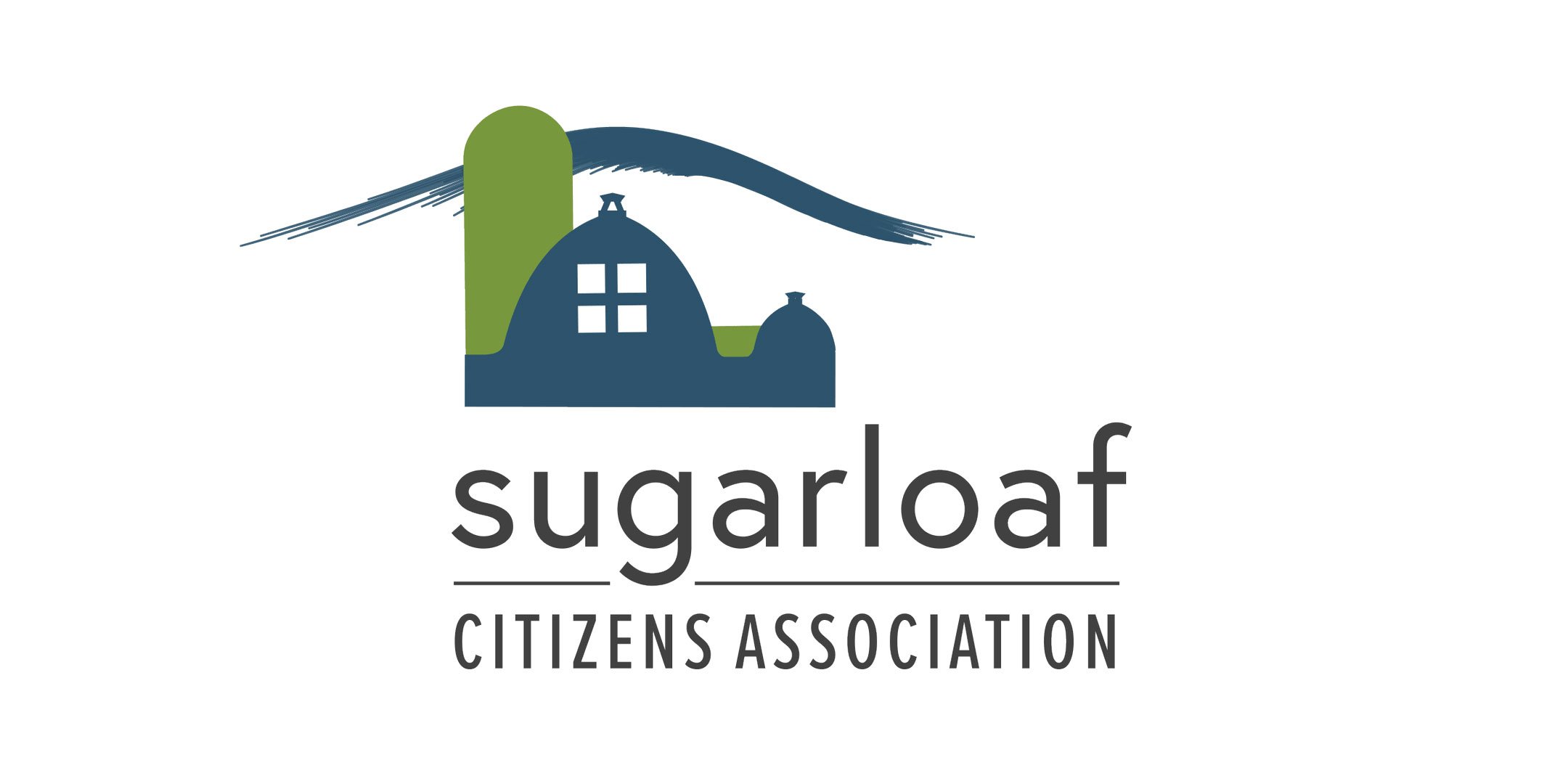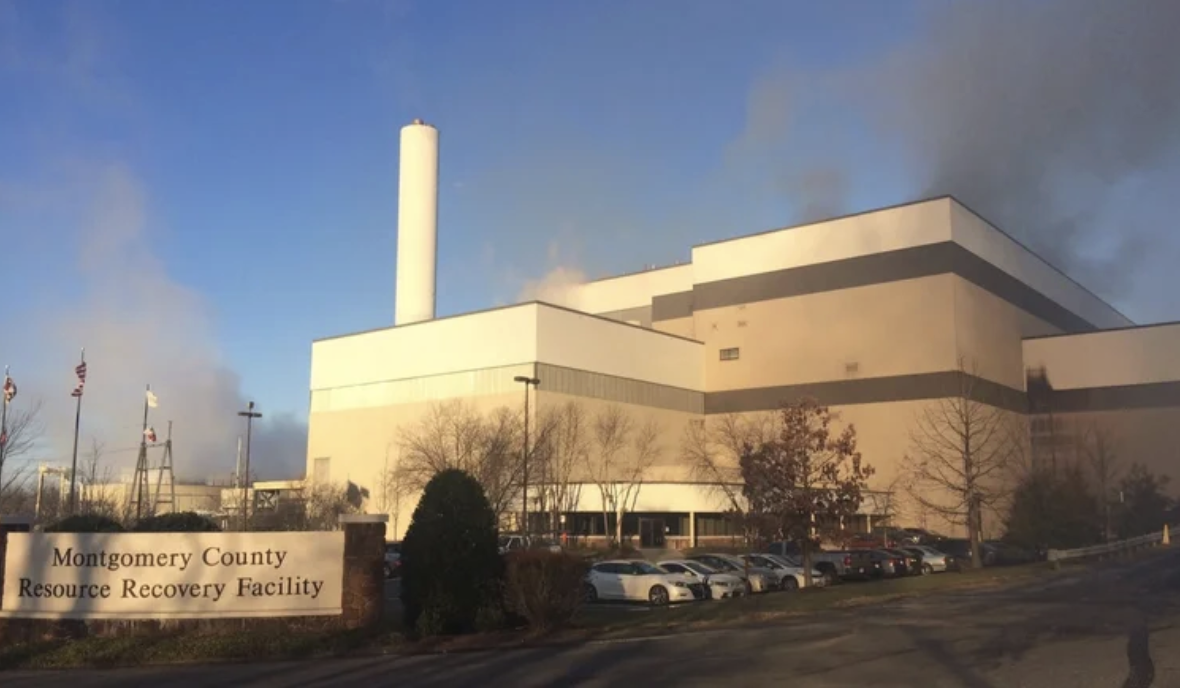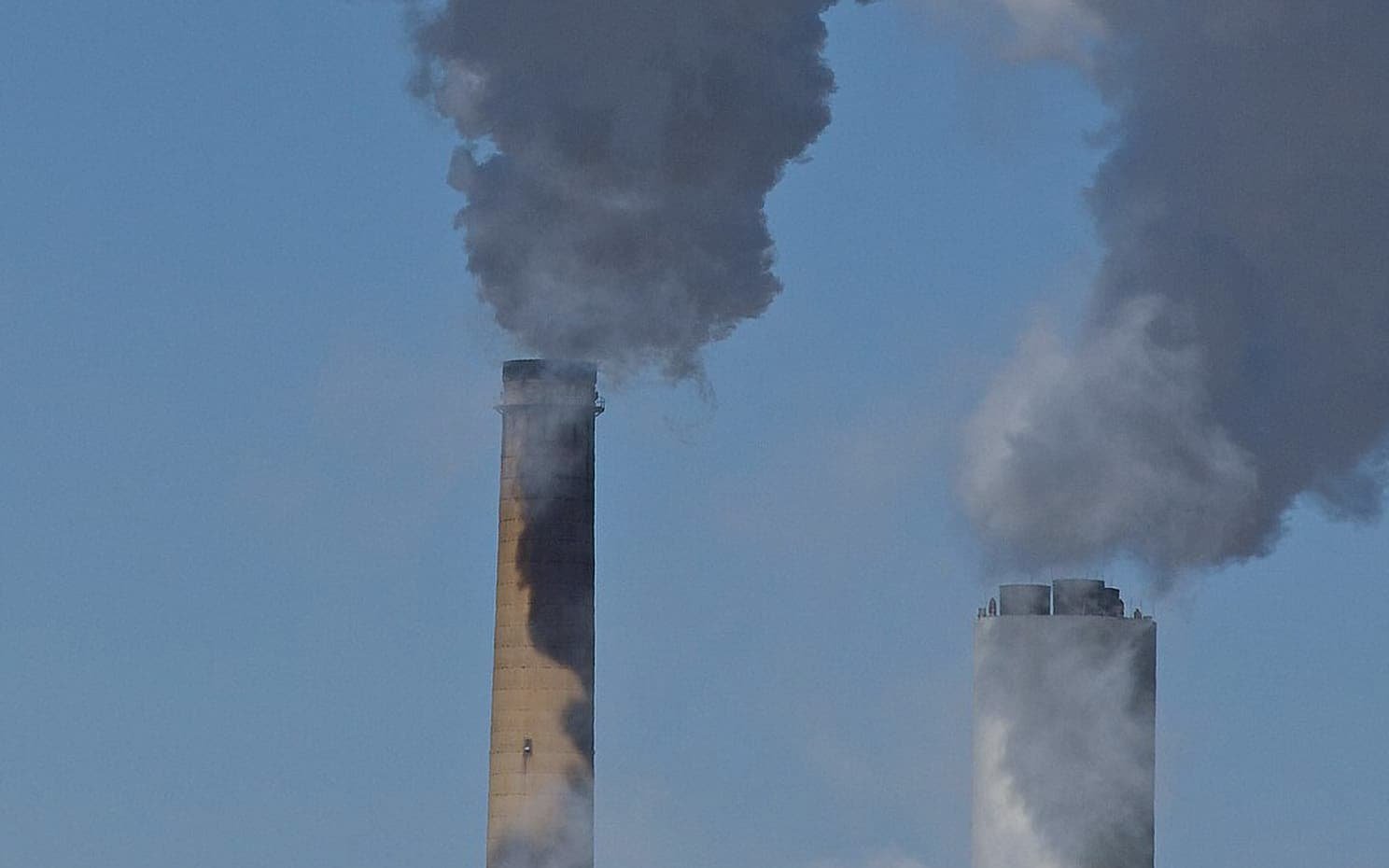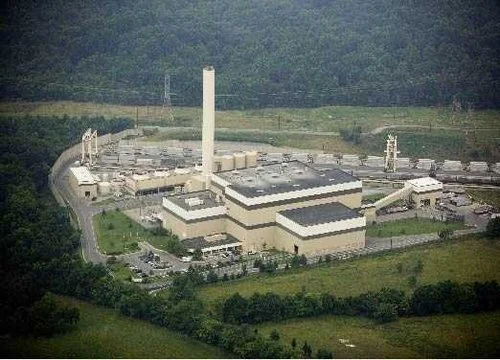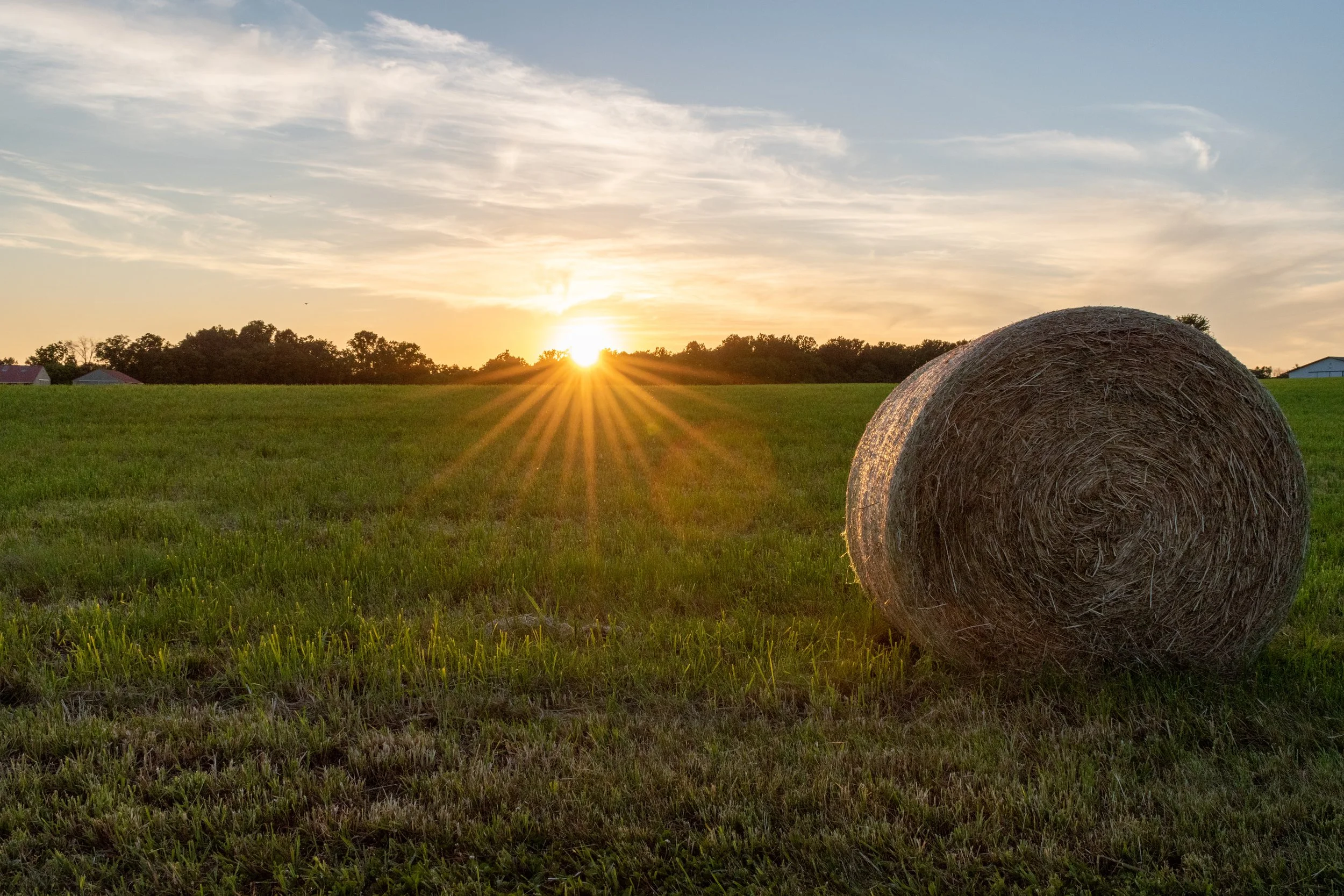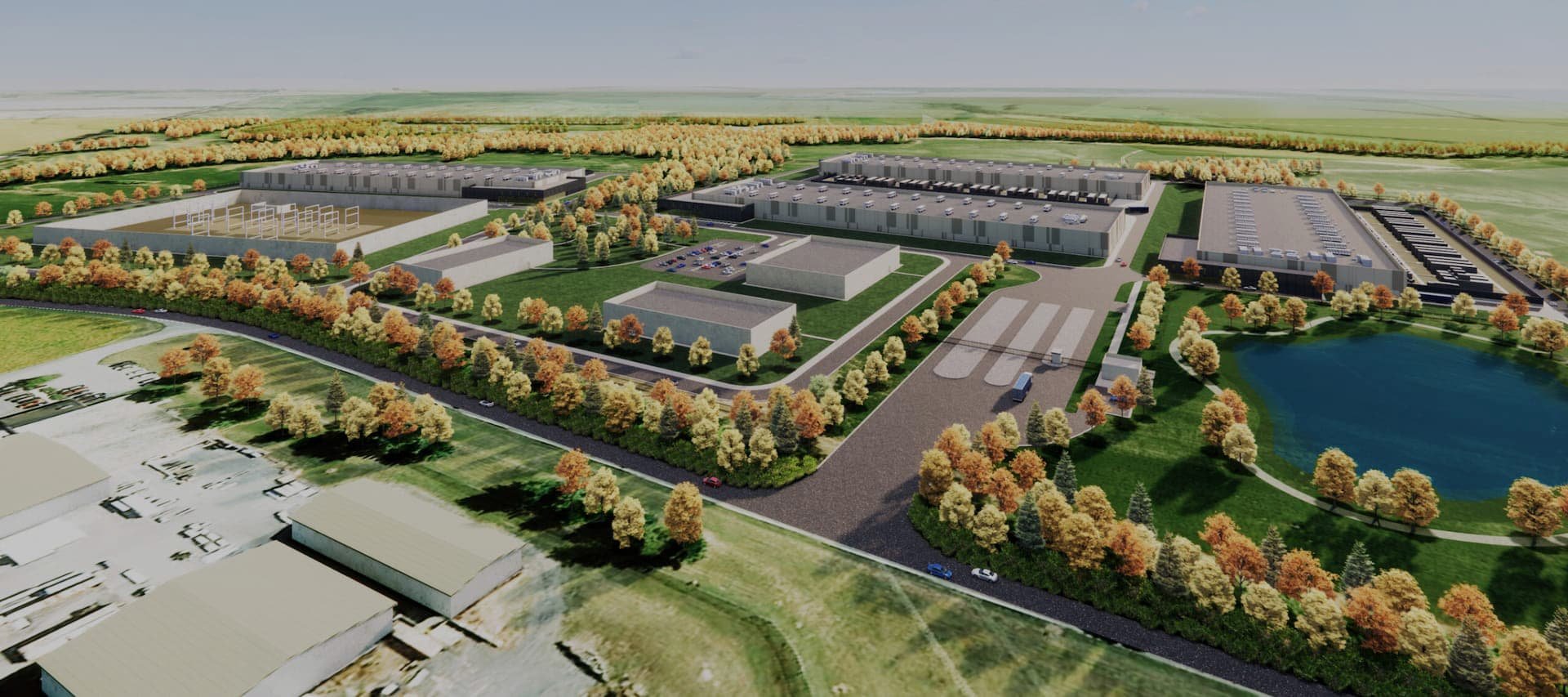
Montgomery County’s Trash Overhaul: Where Things Stand and Why It Matters
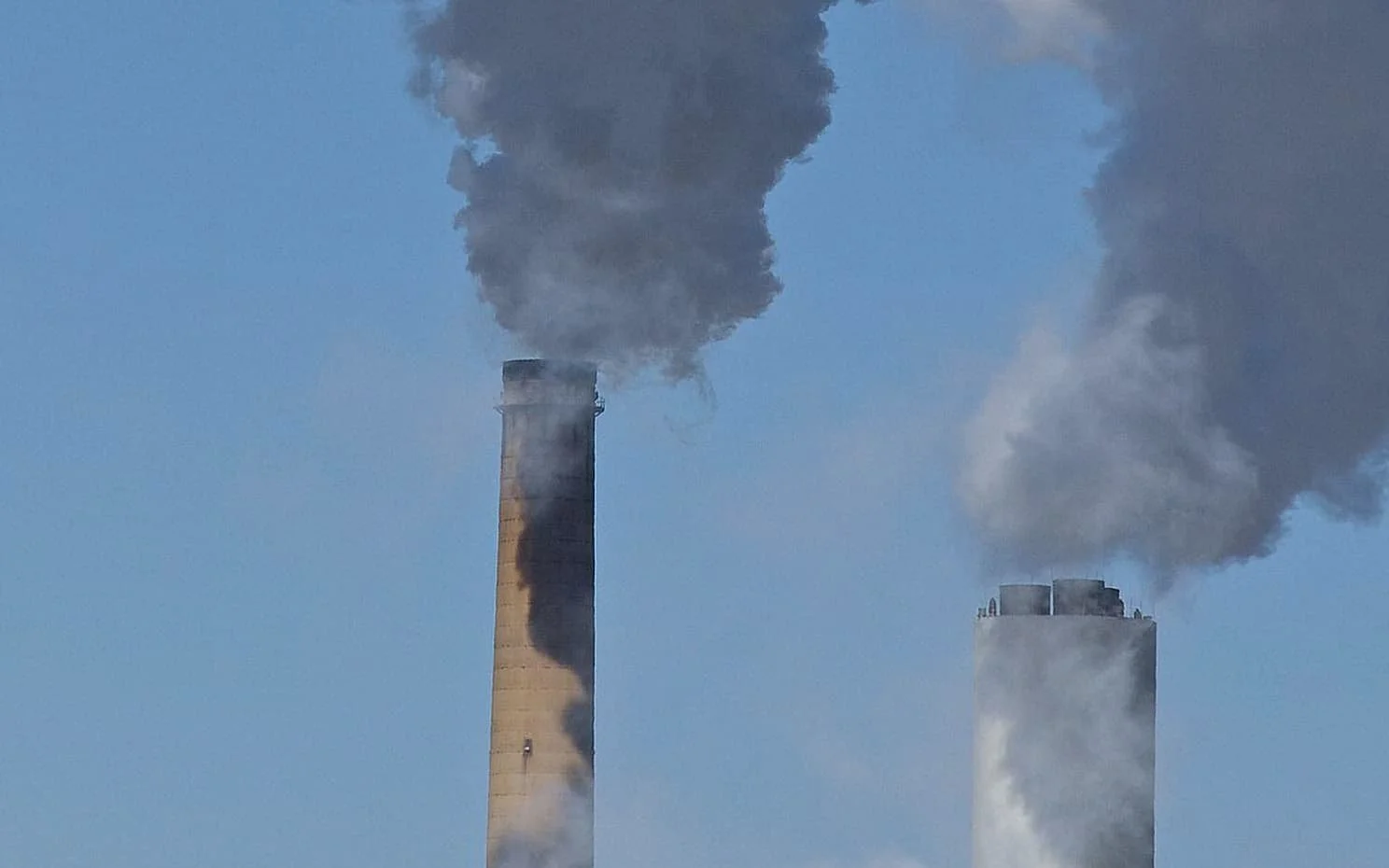
Our Position on Agritourism

The Royce Hanson Conservation Park is Now Open

Our Position on Maryland’s New Solar Law

We Advocate for Sound Environmental Stewardship in Montgomery County

We Work to Preserve Farms, Farmland, and Open Space

We Monitor Laws and Regulations Affecting the Ag Reserve

In the Spotlight
Stay informed on the latest news and issues we’re working on—click any thumbnail to read more about the topic or get the most recent updates.
SCA works to protect and preserve the Ag Reserve
Advocacy
We monitor proposed county and state laws and regulations that may impact the Ag Reserve and its resources. We engage elected officials to support our mission.
Agriculture
We support sustainable farming practices including expanding table crop farming in the Ag Reserve.
Community
We convene county residents to learn about agricultural, environmental, and land-use issues.
Our Headquarters
Linden Farm, spanning over 150 acres in Dickerson, Maryland, serves as SCA’s headquarters and regenerative agriculture pilot site in partnership with Montgomery County. The farm includes a beautifully restored Gothic dairy barn, several historic buildings, and approximately 150 acres of woodlands and farm fields along a designated Rustic Road.
A symbol of Montgomery County’s agricultural heritage, Linden Farm reflects the area’s deep farming roots and the critical role of the Ag Reserve, established in 1980 to curb rapid development. Today, the Reserve remains a national model for farmland preservation, food production, and climate resilience. Read more about its history here.
The Gothic Barn and another barn on the property are available for public rental with certain restrictions. The SCA homestead serves as our headquarters, continuing the farm’s legacy of conservation and community engagement. For more information, click here or email us.
